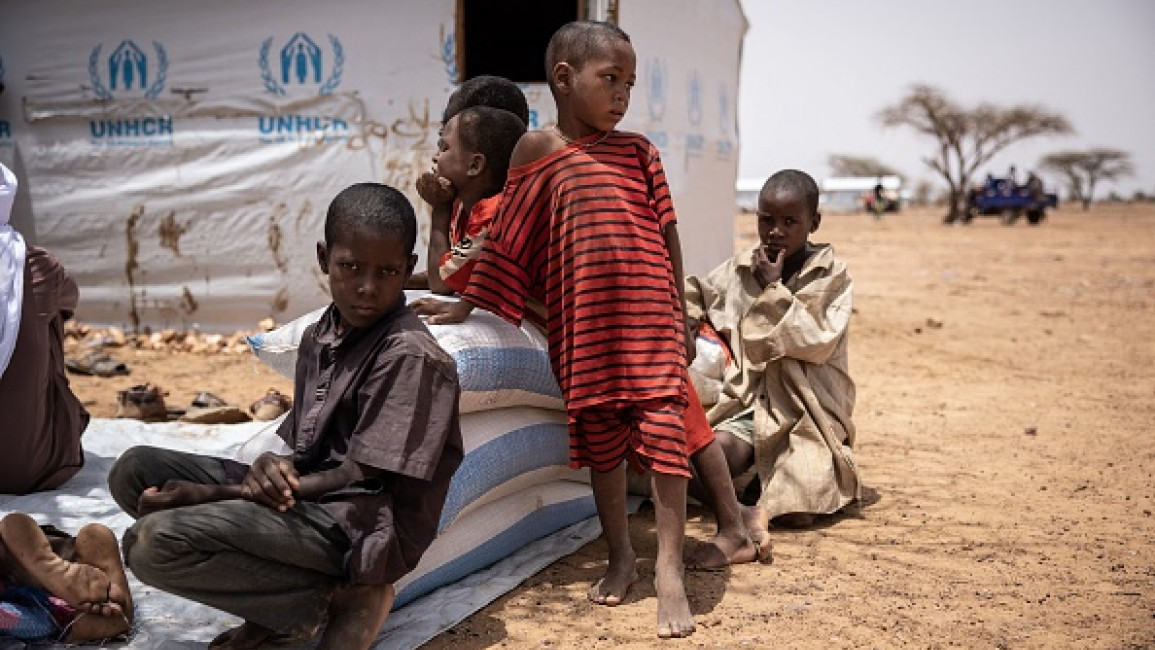100 million people forced to flee their homes in the last year, says UNHCR
Over 100 million people worldwide were forced to flee their homes in the last year, according to data revealed in a shocking new report from the UN refugee agency UNHCR.
The sharp rise in people fleeing conflict, hunger and disease has gathered pace over the last decade, forcing the mass movement of people both within states and across national borders.
“Every year of the last decade, the numbers have climbed,” said UNHCR chief Filippo Grandi as he announced the report.
“Either the international community comes together to take action to address this human tragedy, resolve conflicts and find lasting solutions, or this terrible trend will continue,” he said.
Today, one in every 78 people on earth is displaced, according to the revelations of the report published this week.
Global food crises
The report highlights the impact of spiralling food shortages around the world in forthcoming mass displacement.
In particular and most recently, Russia’s invasion of Ukraine has led to soaring food prices amid significant disruption to the supply of staple grains, with the risk of political unrest, migration and acute hunger.
Countries such as Egypt, who import 80% of its wheat supply from the Russia-Ukraine conflict zone are uniquely exposed to extreme hunger caused by the invasion.
“If you have a food crisis on top of…war, human rights (violations), climate, you name it; on top of that if you have a food crisis, it will just accelerate the trends are described in this report and that we have seen accelerate in already in the first few months of the year.”
Fleeing the Sahel
UNHCR chief Grandi stressed the toxic combination of climate change, political instability and terrorism in setting the scene for future mass migration from the Sahel region of Africa.
As the Islamic State in the Greater Sahara (ISGS) and other jihadist groups continue to wreak havoc across Mali, Burkina Faso and Niger, civilians will continue to seek safety in neighbouring countries and beyond.
"I'm very worried about Sahel. And I don't think that we talk enough about this region that is, by the way, so close to Europe. And I think Europe should be much more worried," he said.
Other crises and conflicts around the world continue to push people away from their homes, including in Syria, Venezuela, Ukraine and Myanmar, says the report.



